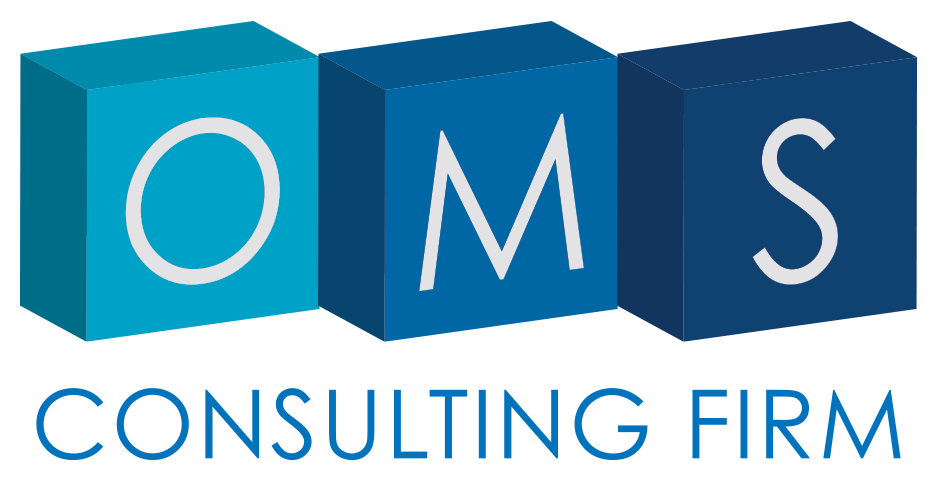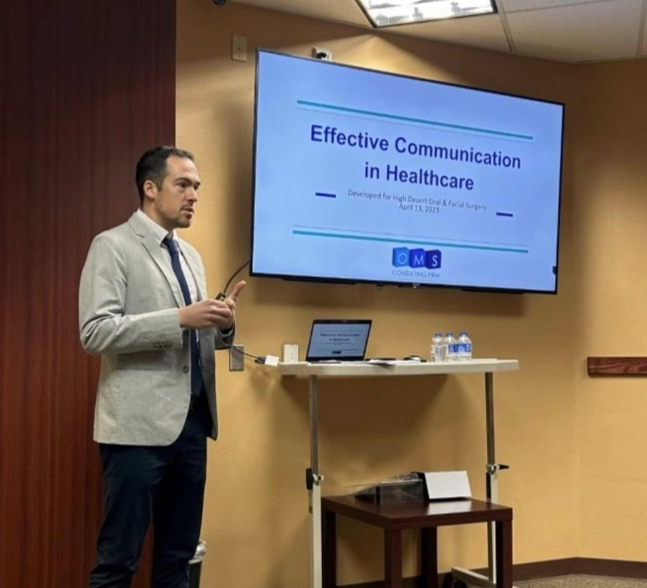As healthcare professionals, we know how important effective communication is when it comes to providing quality patient care. Good communication is not just about exchanging information; it is also about building trust, understanding, and empathy. The healthcare industry is constantly evolving, and the importance of effective communication in healthcare has never been greater.
What do we mean when we say communication?
Often, when we hear the word communication, we think of one-way verbal communication. However, especially in healthcare, communication means nonverbal communication and active listening as well. Your patient knows what they’re experiencing, and hearing from them and reacting appropriately is key to getting them the care they need.
Effective communication can improve patient outcomes.
Effective communication can improve patient outcomes by reducing errors and improving patient satisfaction. When healthcare professionals communicate effectively, patients are more likely to follow their treatment plans, ask questions, and provide accurate information about their health.
Tips for improving communication
1. Use clear and simple language. Not every patient will know the medical jargon that you know. And, your patients will have varying vocabulary levels.
2. Ask open-ended questions. Some patients will be nervous. Avoiding yes/no questions encourages patients to share their concerns.
3. Mind your body language. Maintain eye contact, use a relaxed posture, and show you’re listening through nodding or other gestures. You’re building a relationship with your patient, and you want them to open up so they get the best care.
4. Be repetitive. Paraphrasing and summarizing what the patient has said shows that you’re listening, but also clarifies their concerns.
5. Validate the patient. Be empathetic! Show understanding an compassion, and acknowledge the patient’s feelings and concerns before moving on.
6. Back it up in writing. Discharge instructions and patient education materials should be referred to in the visit, and point to areas that they’ll want to refer back to later.
7. Embrace cultural competence. Seek understanding if it seems like cultural differences are holding you and your patient back from the best care possible. If you live in an area with a large population of a certain culture, get to know their customs and how their culture views healthcare providers so you can provide better care.
Go the extra mile.
At OMS Consulting Firm, we’ve delivered many customizable training events in healthcare communication. If you need to focus on relationship building and customer service skills—and you do!—contact us at 833.OMS.FIRM or scott@omsconsultingfirm.com for more information.


Recent Comments